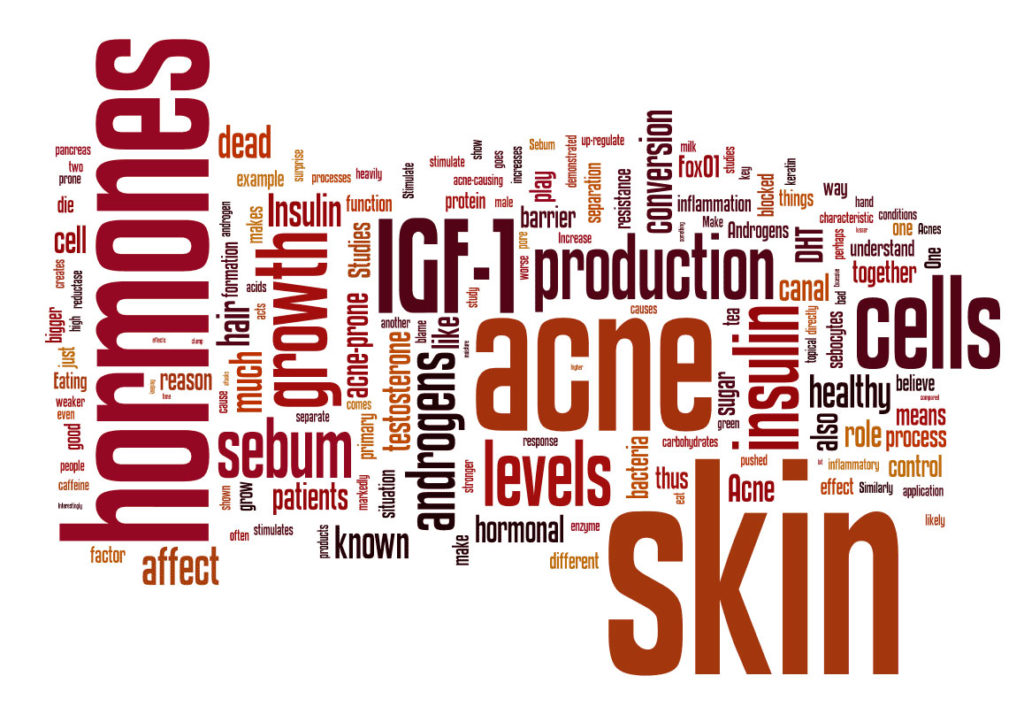Alcohol addiction is a pressing issue worldwide, and New Zealand is no exception. In fact, alcohol ranks as the most harmful addiction in the country. This article explores the societal and health implications of alcohol addiction and how functional medicine can play a crucial role in supporting individuals on their journey to recovery. We will delve into the detrimental effects of alcohol on the intestinal lining, immune system, weight gain, and overall well-being. It is important to note that seeking guidance from a qualified medical professional is essential when dealing with alcohol addiction.
The Harmful Nature of Alcohol Addiction
From a societal perspective, alcohol addiction has far-reaching consequences. It affects individuals, families, and communities, contributing to strained relationships, financial burdens, and increased violence and crime rates. Additionally, alcohol-related accidents and health issues significantly burden healthcare systems. From a health perspective, alcohol has profound effects on the body. It promotes the breakdown of the intestinal lining, leading to a condition known as intestinal hyperpermeability or “leaky gut.” This condition allows food particles and toxins to leak into the bloodstream and cross the blood-brain barrier, resulting in neuroinflammation and potential cognitive impairments.
Impact on Gut Health and Immune System
Alcohol consumption harms gut health. It sterilises the gut of beneficial bacteria, disrupting the delicate balance of the microbiome. This depletion of good gut bacteria compromises the immune system’s function, as these bacteria play a crucial role in maintaining immune health. A compromised immune system makes individuals more susceptible to infections, inflammation, and other health issues.
Weight Gain and Hormonal Changes
Alcohol can also contribute to weight gain, particularly during perimenopause, menopause, and andropause, when hormonal fluctuations occur. Alcohol consumption affects hormone levels, including oestrogen and testosterone, which are vital in regulating metabolism and may increase the risk for breast cancer. As these hormones decline, the body’s ability to burn fat efficiently decreases, leading to weight gain. Additionally, alcohol is high in calories and can lead to increased appetite and poor food choices, further exacerbating weight-related concerns.
Functional Medicine Approaches for Alcohol Addiction Recovery
Functional medicine offers a comprehensive and personalised approach to support individuals in overcoming alcohol addiction. Here are some ways in which functional medicine can aid in the recovery process:
- Comprehensive Assessment: Functional medicine practitioners thoroughly assess underlying factors contributing to addiction. This may include genetic predispositions, nutrient deficiencies, hormonal imbalances, and emotional or psychological triggers.
- Nutritional Support: A nutrient-dense diet is crucial for repairing the body and restoring balance. Functional medicine recommends adopting a whole foods diet rich in antioxidants, vitamins, and minerals to promote healing and support overall well-being. They also will look at your nutrient deficiencies to see what may need to be replenished with high-quality supplementation for a select period of time when nutrients cannot be replenished through diet alone.
- Gut Health Restoration: Restoring a healthy gut microbiome is essential in functional medicine. This may involve targeted probiotic supplementation, dietary changes to support gut health, and addressing any intestinal hyperpermeability or leaky gut through specific protocols.
- Hormonal Balance: Functional medicine considers hormonal imbalances that may contribute to addiction. Addressing these imbalances through targeted interventions and lifestyle modifications can aid in overall recovery.
- Emotional and Psychological Support: Functional medicine recognises the importance of addressing the emotional and psychological aspects of addiction. Therapeutic interventions, counselling, and stress management techniques, such as mindfulness and meditation, may be incorporated into the wellness plan.
Alcohol addiction is a complex and multifaceted issue that requires a comprehensive approach for effective recovery. Functional medicine offers a holistic framework that addresses the underlying causes and supports individuals in their journey towards overcoming alcohol addiction. By understanding the societal and health implications of alcohol addiction, such as its impact on the intestinal lining, immune system, and weight gain, we can see the importance of adopting a functional medicine approach to address these issues.
However, it is crucial to note that dealing with alcohol addiction requires professional guidance. It is always recommended to seek medical advice from a qualified healthcare provider, such as a medical doctor or addiction specialist, who can provide personalised care and support throughout recovery. They can assess your individual circumstances, monitor your progress, and tailor treatment plans specific to your needs.
With its client-centred and holistic approach, functional medicine can complement conventional treatment strategies for alcohol addiction. By focusing on comprehensive assessments, nutritional support, gut health restoration, hormonal balance, and emotional and psychological support, functional medicine practitioners aim to address the root causes of addiction and promote overall well-being.
It is important to emphasise that alcohol addiction recovery is a journey that requires dedication, commitment, and ongoing support. Functional medicine can provide valuable tools and interventions to support individuals in removing alcohol from their lives, but it is a collaborative effort that involves the individual, healthcare professionals, and support networks.
In conclusion, alcohol addiction is a significant issue in New Zealand and globally. Its harmful effects extend beyond the individual, affecting society as a whole. Functional medicine offers a comprehensive and personalised approach to support individuals in overcoming alcohol addiction by addressing the underlying factors, promoting gut health, restoring hormonal balance, and providing emotional and psychological support. If you or someone you know is struggling with alcohol addiction, reach out to a qualified healthcare professional for guidance and support. Remember, recovery is possible, and with the right resources and a holistic approach, you can embark on a journey towards a healthier, alcohol-free life.




